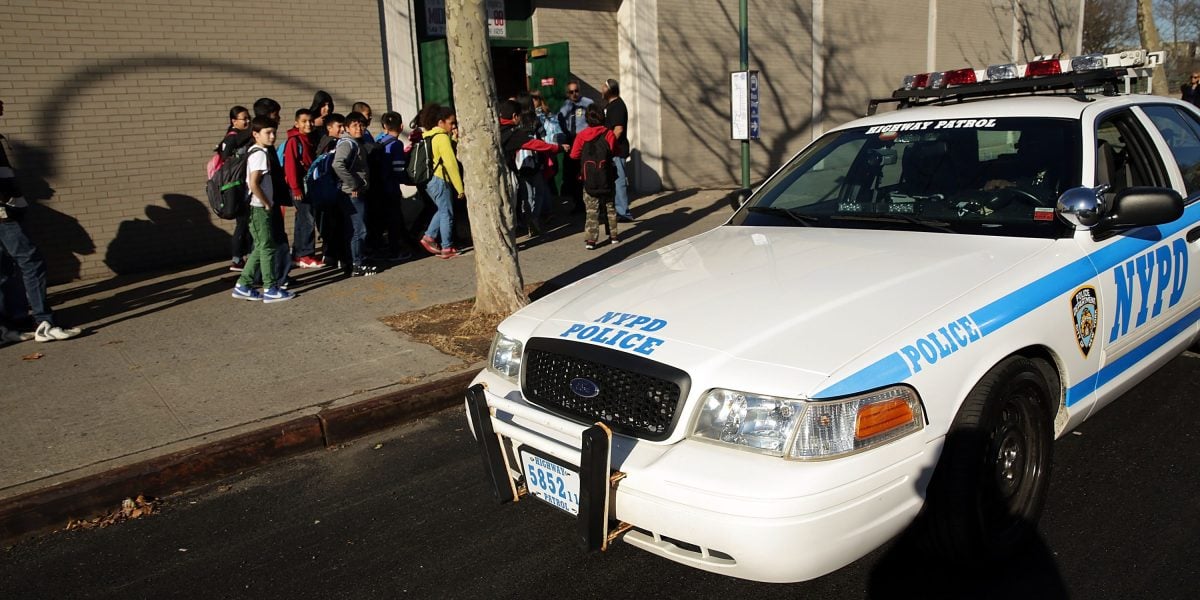- cross-posted to:
- law
- cross-posted to:
- law
Last spring, New York City police officers stopped a 19-year-old on the subway during her commute. She was eligible for a free transfer from the bus to the subway, but the transfer failed to register at the turnstile, so she and a friend entered through the platform emergency exit door.
Police stopped them, took their names, and let her friend go. Officers told the 19-year-old she had a prior arrest — from 2018, when she was in her early teens — and began to question her.
The cops should not have known about that past arrest. A New York state law protects juvenile records in cases without any finding of guilt from access by anyone, including law enforcement, without a court order.
The young woman is one of three plaintiffs who filed a class-action suit in July against the city and NYPD Commissioner Edward Caban for what they said was a practice of illegally accessing, using, and leaking sealed youth records. The suit, which was unsealed Thursday, alleges that officials routinely share those sealed records with prosecutors and the media — specifically with pro-cop tabloids that regularly publish juvenile arrest information sourced from police.
…

